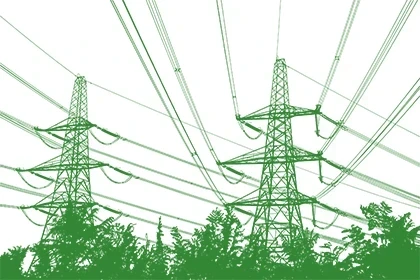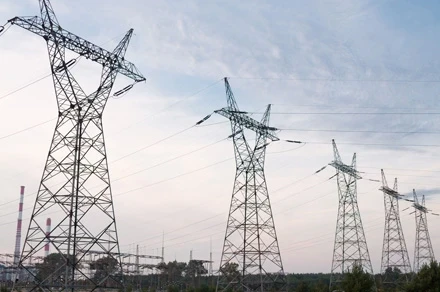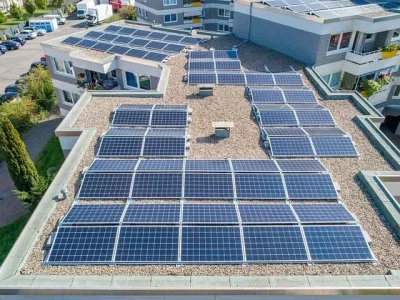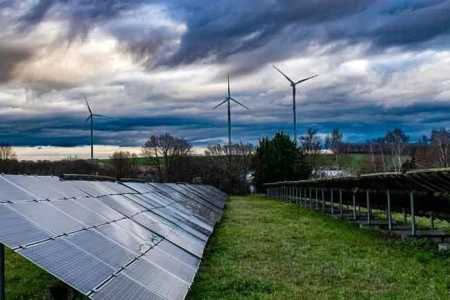Energy Storage Cuts Costs for Building Owners
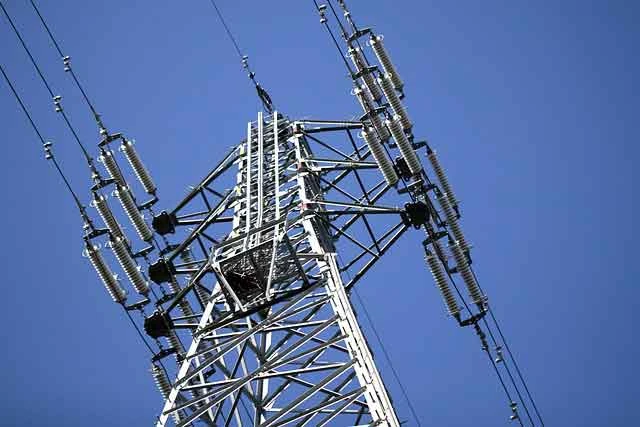
On July 26, 2024, a new report highlighted the growing role of energy storage systems in reducing operational costs for building operators. As electricity prices continue to climb, energy storage has emerged as a strategic tool for managing energy expenses and enhancing building efficiency. The integration of these systems offers significant financial benefits, aligning with the broader trend of adopting advanced technologies to optimize energy use and lower costs.
The Rise of Energy Storage Systems
Energy storage systems, such as batteries, are becoming increasingly popular among building operators as a means to counteract the rising costs of electricity. These systems store energy during periods of low demand or when electricity prices are lower and release it during peak times when prices are higher. This strategy not only helps in reducing electricity bills but also contributes to more stable and reliable energy management.
Recent advancements in battery technology have made these systems more affordable and efficient. The decreased costs of energy storage technologies, combined with increased performance and capacity, have made them a viable option for both commercial and residential buildings. The ability to store and manage energy more effectively has become a crucial aspect of modern energy management strategies.
Financial Benefits for Building Operators
One of the most compelling advantages of energy storage systems is their potential to lower electricity costs. Building operators can use stored energy to offset peak demand charges, which are typically the most expensive part of an electricity bill. By discharging stored energy during peak periods, buildings can avoid high electricity rates and reduce overall energy expenses.
Additionally, energy storage systems can provide a buffer against electricity price volatility. As market prices fluctuate, having a reserve of stored energy allows building operators to lock in savings and manage costs more predictably. This financial stability is particularly valuable for businesses and organizations that rely heavily on energy and seek to maintain budget control.
Enhancing Energy Efficiency and Reliability
Beyond cost savings, energy storage systems also contribute to improved energy efficiency and reliability. By integrating storage with renewable energy sources, such as solar panels, buildings can maximize the use of clean energy and reduce reliance on the grid. This not only supports sustainability goals but also enhances the overall efficiency of energy use within the building.
Energy storage systems also play a crucial role in enhancing energy reliability. They provide a backup power source in the event of grid outages or disruptions, ensuring that critical systems and operations remain functional. This added layer of reliability is particularly important for facilities that require uninterrupted power, such as data centers, healthcare facilities, and manufacturing plants.
Adoption Trends and Market Outlook
The adoption of energy storage systems is expected to continue growing as more building operators recognize their benefits. The market for energy storage is driven by technological advancements, declining costs, and supportive policies aimed at promoting energy efficiency and sustainability. Government incentives and rebates further bolster the economic case for investing in storage systems, making them an attractive option for a wide range of applications.
As the technology evolves, future developments are likely to bring even greater efficiencies and cost savings. Innovations in battery chemistry, energy management software, and system integration are anticipated to enhance the performance and affordability of energy storage solutions.
Conclusion
Energy storage systems are proving to be a valuable asset for building operators facing rising electricity prices and seeking to optimize energy use. By providing a means to reduce operational costs, enhance efficiency, and improve reliability, these systems offer a multifaceted solution to the challenges of modern energy management. As technology advances and market conditions evolve, energy storage is set to play an increasingly important role in the drive towards more sustainable and cost-effective energy solutions.


